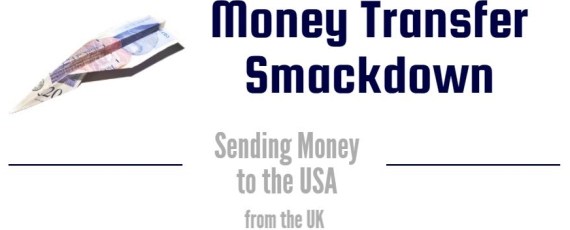
What are the IRS’s thoughts on your expatriate tax return?
“Tax secrecy continues to erode. We are not letting up on international tax issues, and more is in the works. For those hiding cash or assets offshore, the time to come in is now. The risk of being caught will only increase.”
- IRS Commissioner Doug Shulman
Many US citizens or permanent residents move abroad assuming that they will not have to pay US taxes. The unfortunate truth is that any American citizen or green card holder is required to report all worldwide income to the IRS through an expatriate tax return. The IRS is well aware that many citizens are unfamiliar with their obligations, and have set up many programs to give expats the opportunity to become compliant with reduced penalties.
The most recent program in place is The Treasury Department’s Offshore Voluntary Disclosure Initiative (link is external), or OVDI. This initiative is in place for expatriates who have failed to report their offshore bank and financial accounts through the filing of the FBAR. The FBAR should be part of your yearly expatriate tax return (link is external).
You are required to report your overseas bank accounts if you have had, at any given time during the previous year, a collective amount of over $10,000 in your overseas accounts. It does not matter if it was dispersed among 10 different accounts, or if you only had $10,000 for 45 minutes – you need to report all of them if the collective balance was, at any time, more than $10,000.
If you fail to report your bank accounts to The Treasury Department and your accounts are identified, you face serious penalties. The Treasury Department can and will seize up to 50% of the balance of each account, not to mention possible criminal prosecution. The Offshore Voluntary Disclosure Initiative gives you a way out.
If you report your delinquent FBARs through The Treasury Department’s OVDI within the August 31st, 2011 deadline (or later, with an approved extension (link is external)), you face reduced penalties for becoming compliant and will not face criminal prosecution.
What do you need to do?
- You will need to prepare and amend all your tax returns from 2003 to 2010. These returns must be amended to include any income omitted, particularly foreign earned income, including interest on delinquent foreign accounts.
- File all information returns (FBAR, 5471, 3520, etc.) not previously reported to the IRS.
- Pay all penalties associated with under-reported income, including accuracy related, failure to file, and failure to pay.
- Pay 5%, 12.5%, or 25% FBAR penalty on the accounts based on the highest cumulative balance of the reported tax years (penalty will depend on the account specifics).
While the fees may seem steep, you should keep in mind how much can be saved by taking advantage of the OVDI. Not to mention you can stop worrying about the IRS catching on to you and get on with enjoying your life as an expat!
The IRS is always increasing efforts to catch up with the expats who have failed to stay compliant. Get caught up with your taxes (link is external) and keep up to date with your expatriate tax return!
Filed In:
Contributor:
About Greenback Expat Tax Services
Greenback Expat Tax Services (link is external) specializes in preparation of US Expat Taxes for Americans living abroad. Incorporated in New York, Greenback’s CPAs have specialist experience in US expat taxes. Greenback offers flat fee pricing); a simple, hassle-free process; and, most importantly, CPAs who are experts in the ins-and-outs of US expat taxes. For more information and to download a free guide to US expat taxes, visit www.greenbacktaxservices.com (link is external)


